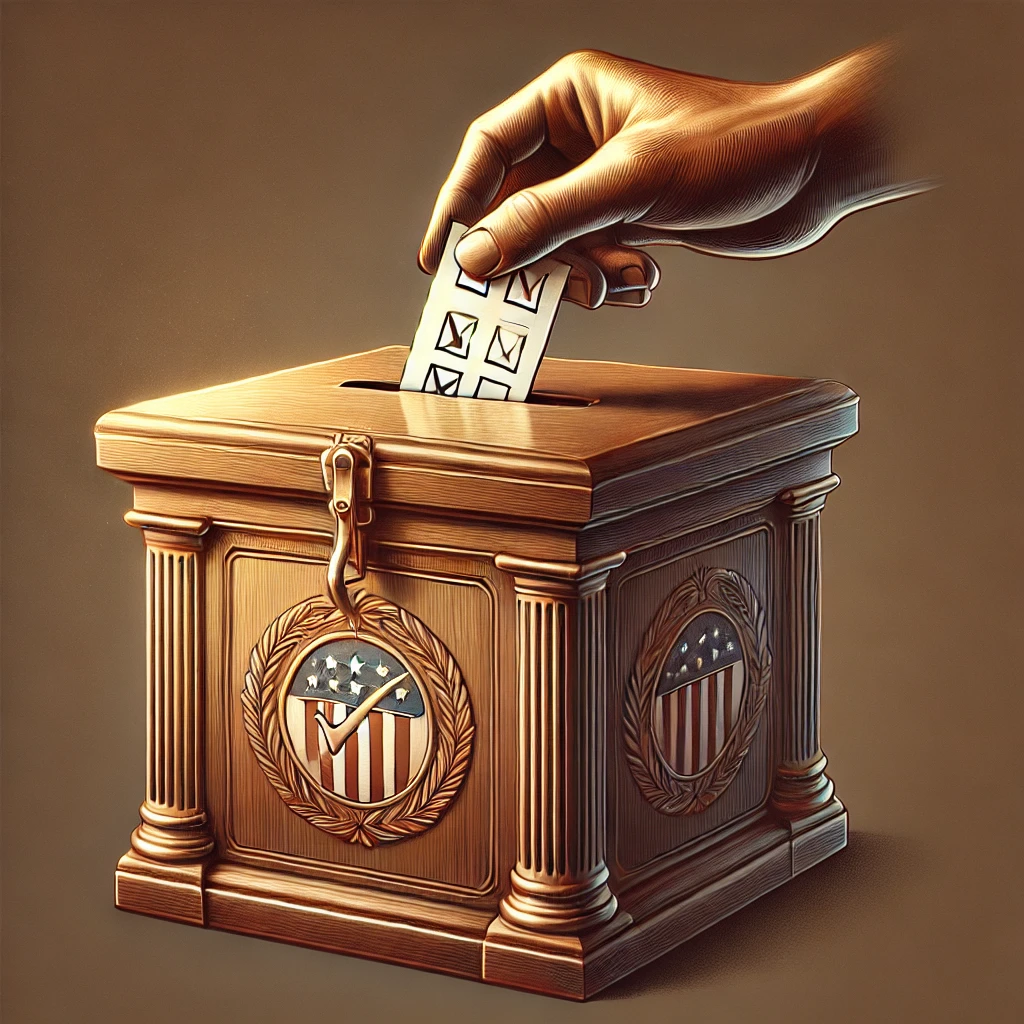
As election season approaches in the United States, many in the Jewish community reflect on the relationship between civic duty and Jewish tradition. The intersection of democratic participation and Jewish law (Halacha) offers a rich tapestry of thought, history, and rabbinical guidance that continues to inform contemporary discourse.
Historically, Jewish communities have navigated various forms of governance, from ancient monarchies to modern democracies. In the Talmudic era, communal decisions were often made by appointed leaders or councils of elders. However, with the advent of modern nation-states and the granting of equal citizenship rights, Jews began participating more actively in electoral processes. This shift marked a significant transition in how Jewish law and rabbinical authorities viewed engagement with secular governments.
Rabbinical authorities have long debated the role of Jews in secular governance. Many prominent rabbis have encouraged participation in elections, viewing it as a means to promote justice, peace, and the welfare of the broader society. The principle of “Dina d’Malchuta Dina” (“the law of the land is the law”) underscores the importance of adhering to the legal systems in which Jews reside. This concept has been interpreted to include active engagement in the political processes that shape those laws, effectively making voting a part of one’s religious and civic duty.
In the 20th century, Rabbi Moshe Feinstein, a leading authority in Orthodox Judaism, emphasized the importance of voting. He argued that participating in elections is not only a right but also a responsibility, particularly when the outcomes could affect the welfare of the Jewish community and society at large. Similarly, Rabbi Joseph B. Soloveitchik highlighted the ethical imperative to contribute to the common good, which includes engaging in civic duties like voting. Their teachings reinforce the idea that neglecting to vote is akin to shirking one’s responsibility to influence society positively.
The concept of “Tikkun Olam” (“repairing the world”) further reinforces the notion of social responsibility. By participating in elections, individuals can advocate for policies that align with Jewish values of justice, compassion, and communal well-being. This aligns with the prophetic traditions that call for righteousness and moral leadership. Voting becomes a tangible way to enact these values, allowing individuals to support initiatives that address poverty, education, healthcare, and other critical issues.
Jewish law also considers the preservation of life and the protection of the vulnerable as paramount. Engaging in the electoral process allows the community to support leaders and legislation that uphold these values. Whether it’s issues of social justice, education, or religious freedom, voting becomes a mechanism to influence positive change. The collective voice of the Jewish community can thus play a pivotal role in shaping a just and equitable society.
Moreover, the collective memory of Jewish history, marked by periods of disenfranchisement and persecution, adds a profound significance to the right to vote. The opportunity to have a voice in governance is not taken for granted, and many see it as a testament to the progress made in societies that now embrace diversity and inclusion. This historical context serves as a powerful motivator for participation, reminding us of the struggles overcome and the importance of safeguarding these hard-won rights.
It’s also worth noting that Jewish participation in elections is not monolithic. Diverse opinions and perspectives exist within the community, reflecting a wide range of political affiliations and priorities. This diversity is a strength, showcasing the vibrancy of Jewish thought and the commitment to engaging thoughtfully with the complexities of modern society. Open dialogue and respectful debate are cherished aspects of Jewish tradition, encouraging a healthy democratic process both within and outside the community.
As synagogue leaders and administrators, fostering discussions around civic engagement can be an integral part of community life. Encouraging members to exercise their voting rights, providing resources on election information, and hosting forums on pertinent issues can enhance communal involvement. These efforts not only strengthen the bonds within the congregation but also reaffirm the commitment to Jewish values of justice and societal welfare.
For those interested in facilitating such initiatives, integrating communication tools can be beneficial. Features like customizable newsletters or event planning modules can help organize educational sessions or share important dates and information. (For more on communication tools, see Features - Newsletters.)
The Jewish rabbinical views on elections emphasize a balance between religious obligations and civic responsibilities. Voting is seen not only as a personal right but as a communal duty that aligns with the core Jewish values of justice, peace, and the betterment of society. By actively participating in elections, individuals and communities embody the principles of their faith while contributing to the democratic fabric of the nation.